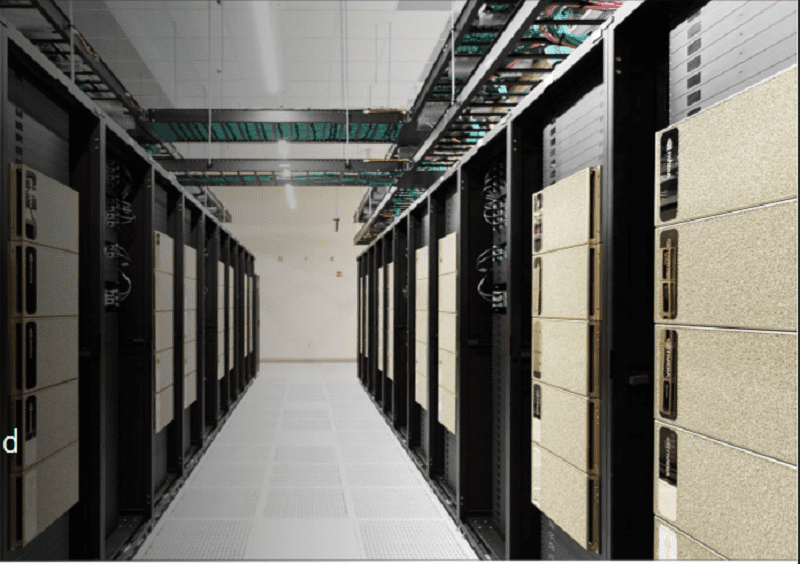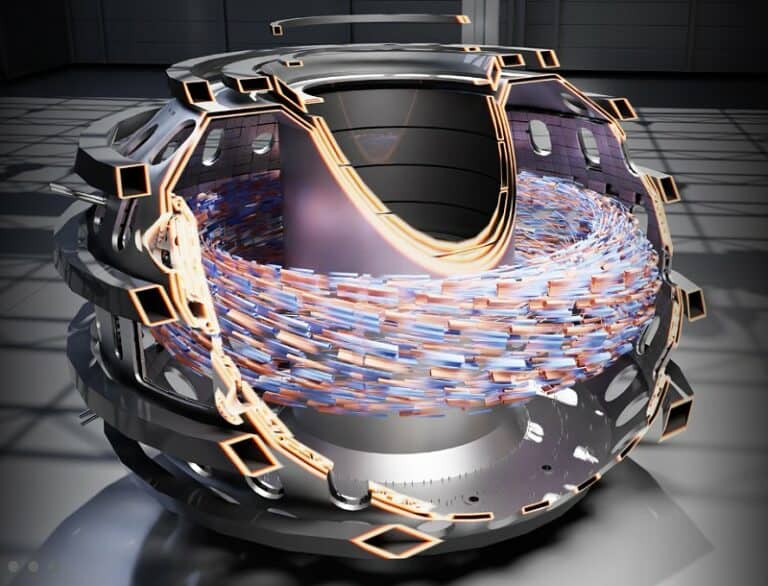Nvidia recently expanded the Omniverse portfolio to improve its effectiveness for scientific research. In addition, the chip giant introduced a new HPC platform for transfers of scientific data. Finally, Nvidia announced two quantum computing solutions.
The chip giant is expanding its capabilities for scientific data processing. Omniverse, a platform for the development of digital twins and other simulation techniques, has been revamped to boost its effectiveness for scientific research.
The Omniverse platform can now be used to run batch workloads on datacenter systems powered by Nvidia H100 and A100 GPUs. Think of physics simulators that require lots of manual input to perform calculations. The update allows servers based on Nvidia H100 and A100 GPUs to more easily run Omniverse software.
Furthermore, several popular scientific applications are now integrated with the platform, including ParaView, Index and NeuralVDB. In addition, the Omniverse platform now works with Modulus, a software tool for building neural networks that automatically perform physics calculations.
New HPC platform
Nvidia also launched a new HPC platform. The platform should make it easier for scientists to move data between servers and systems separated by a significant distance, including supercomputers housed in remote buildings.
To this end, the HPC platform combines edge computing with AI to collect and consolidate streaming data from scientific edge devices. The combination allows on-premises datacenter environments to connect to remote IT infrastructure. Scientists can use these network connections to move data between different locations.
The HPC platform is based on Nvidia’s MetroX-3, Holoscan and BlueField-3 technology. The soon-to-be-available MetroX-3 technology makes it possible to significantly extend the reach of a datacenter network. The technology allows datacenters to be connected to IT infrastructures more than 40 kilometers away.
Holoscan technology is a collection of tools that help scientists process data from medical devices. Lastly, BlueField-3 processors are tailored to coordinate network traffic among servers.

Quantum computing
Furthermore, the chip giant is releasing two solutions for quantum computing. The first is CUDA Toolkit, a set of software components for the development of applications that run on Nvidia GPUs. The toolkit should improve the performance of scientific applications that involve quantum computations.
The second is an update to Nvidia’s cuQuantum framework. The framework allows scientists to simulate quantum computers through conventional hardware. The update lets users simulate quantum computers with tens of thousands of qubits.
